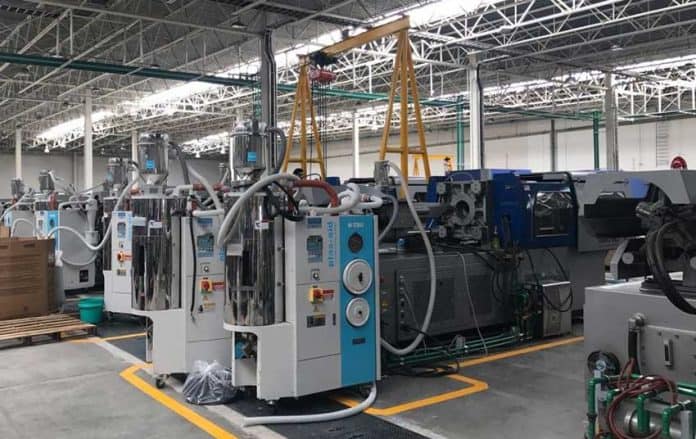Although little has been done to encourage green alternatives and consumers prefer cheaper and well-known non-biodegradable options, a México state-based firm has been successfully producing corncob-based plastics for a decade.
Ecoshell was born in a classroom while founder Carlos Camacho was completing the fourth semester of his industrial engineering course.
“Corn has properties that are very similar to those of plastic, and we found that it was a product that could compete in cost and quality and offer a sustainable alternative to plastic,” the entrepreneur told the newspaper El Financiero.
Camacho’s process crushes corncobs and mixes them with a starch-based biopolymer. The resulting substance is melted down and small pellets are obtained. These can be used to fabricate bags, cups and many other bioplastic-based products and utensils.
The resulting eco-friendly products are also microwave-safe. Depending on how they are disposed of, they can last between 90 and 240 days.
One of Ecoshell’s first clients was Walmart, which currently purchases 300 boxes of its product every week. Other clients are supermarkets Chedraui and Superama, chain drug stores Farmacias San Pablo, restaurants including Olive Garden and Wings and hotel chains One Fiesta Americana and Mayan Palace.
To keep up with demand Ecoshell requires 2,000 tonnes of corncobs per month, which are transformed into 10 to 15 million products in the firm’s México state factory.
Ecoshell’s strongest market is domestic: it operates nine distribution centers and 18 warehouses throughout the country. The company also exports to the United States, Jamaica, Dominican Republic, Guatemala and Chile, and is preparing to enter the European market.
“If one compares, foam plastic is cheap and has been in the market for a long time; people are used to it and it’s not easy for them to opt for an ecological product. Biodegradable products make up 2% of the disposable utensil market,” said Camacho.
The government has fallen behind, he said, and there are no incentives for environmentally-friendly products. On the other hand, Querétaro, Veracruz and recently Guadalajara have made more advances, he added.
Source: El Financiero (sp)
